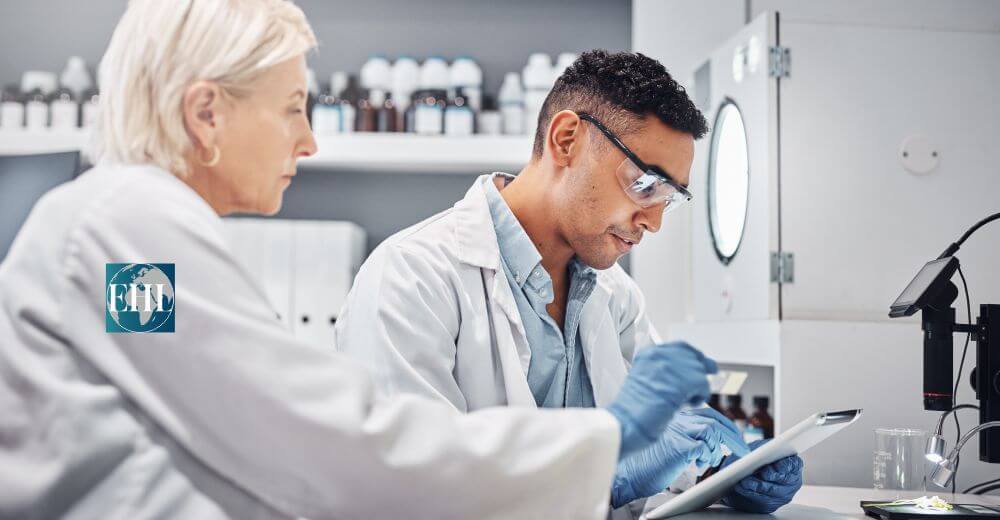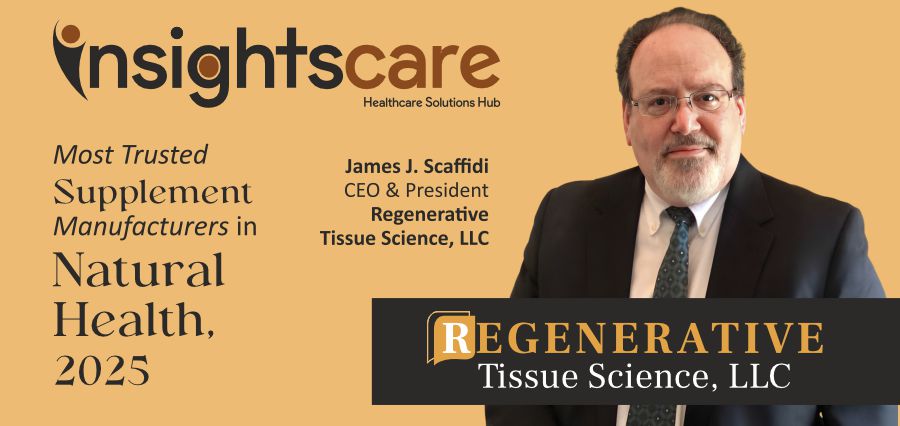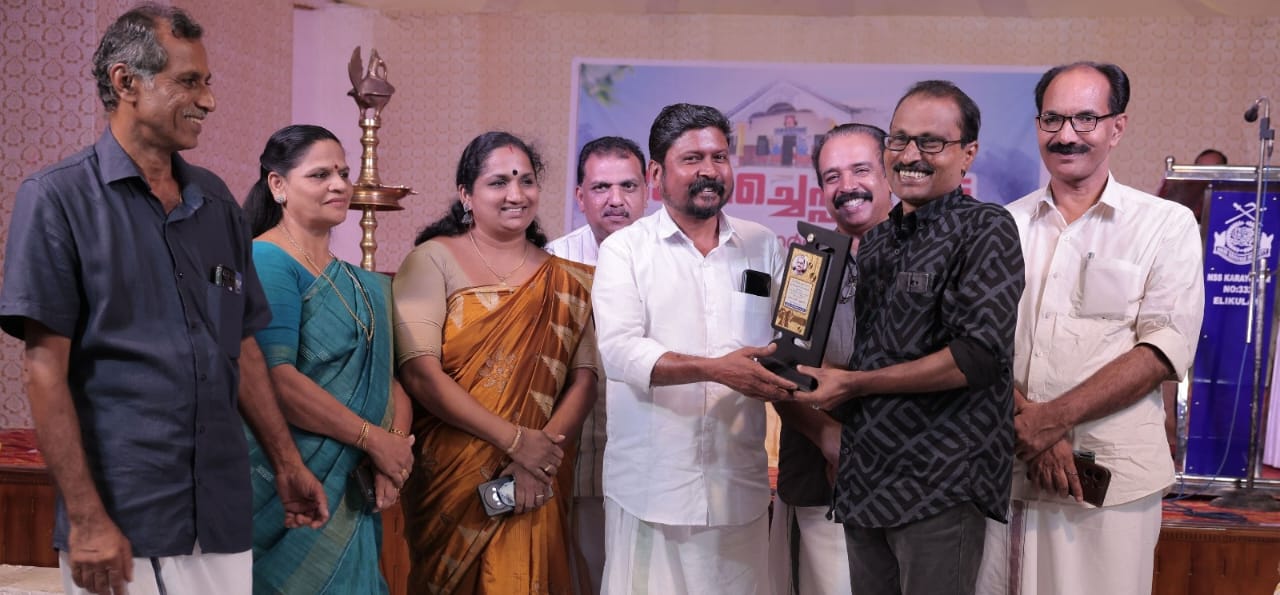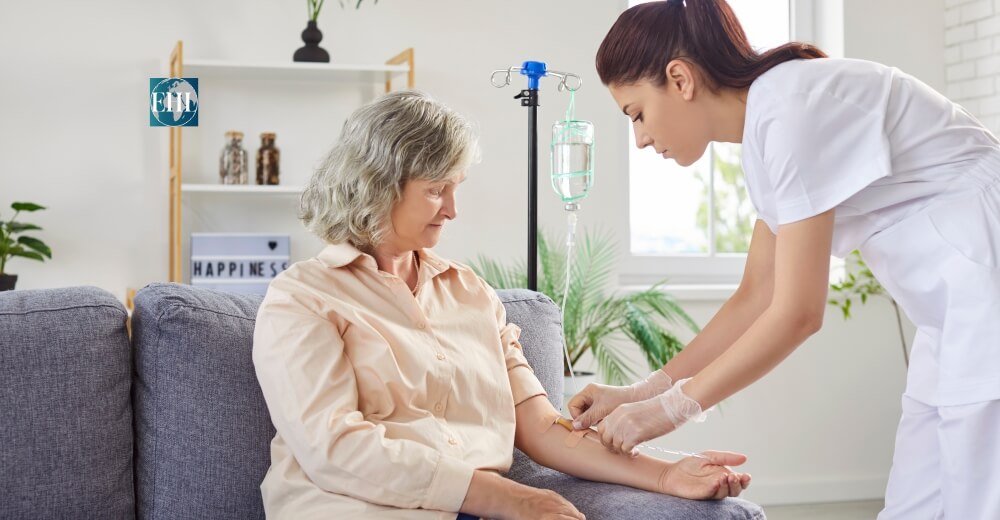Opportunities and Challenges Ahead
The industry of medical devices has grown spectacularly due to the synergistic interplay of advanced technology, growing demand for innovative health care products, and increased regulatory requirements. Probably the greatest impetus for this growth has been the trend of the contract research organizations specializing in medical devices. Medical device manufacturers have come to rely on such companies as indispensable partners, considering their leading-edge capabilities in clinical trials, regulatory compliance, and product development.
The article talks about the expansion of medical device CROs with details surrounding its operations and prospects in this booming industry.
Increasing Demand for Advanced Medical Devices
Growing geriatric population and a surging prevalence of chronic diseases are estimated to propel the overall market of the medical device market toward USD 799.67 billion by 2030. Widespread clinical trials show the potential of managing all the required help within demand since the trend for more efficient diagnostic and treatment methods keeps growing with the quest for new medical devices.
The increased prevalence of conditions including diabetes, heart disease, and neurological disorders is the reason behind this. People see personalized medicine as a call for tailored treatments that may address each patient’s unique demands, which fuels the growing demand for it.
Complex Regulatory Environment
There are regulatory bodies such as FDA and EMA that strictly govern the medical device industry. Laws for such organizations frequently present nightmares for new manufacturers. Since they understand the regulatory standards, medical device CROs can enable businesses to wipe out regulatory requirements while making sure that the companies are indeed in compliance, which conserves time in the market.
Some of the new regulations by the European Union, for example, MDR and IVDR, have made complication criteria for compliance even more complicated for manufacturers. These rules are very stringent in clinical evidence standards and, therefore, enhance the safety of patients by creating such business needs to collaborate with CROs who can handle such complications.
Technological Advancements
Advances in advanced data analytics, machine learning, and AI are changing the face of clinical research. Medical device CROs increasingly use these types of technologies to better manage data and make the trial more efficient to conduct. This technologically driven approach provides better results of trials, together with better patient safety, and accelerates product development.
For example, AI systems are significantly more efficient than traditional approaches for identifying potential safety issues or efficacy trends when analyzing large amounts of clinical trial data. Additionally, machine learning can simplify the process of determining suitable applicants based on pre-determined criteria and help shorten the duration of the clinical trials.
Lowering Expenses
For many medical device companies, conducting clinical trials can be very cost-intensive. Outsourcing to CROs may slash hiring, training, and infrastructure development costs of operating directly by a huge margin. Studies report that the research costs can be cut between 10% to 30% through outsourcing.
Manufacturers can now more efficiently devote resources to product development and innovation rather than administrative costs thanks to this financial relief. Additionally, CROs frequently have a wealth of trial management knowledge and established ties with regulatory organizations, which helps expedite procedures and lower the possibility of expensive delays.
Conclusion
The medical device industry is undergoing unusual changes, driven by advances in technology, regulatory complexities, and growing demand for innovative solutions for healthcare. With the massive spike in clinical trials and compliance, medical device Contract Research Organizations (CROs) are becoming crucial partners to manufacturers navigating the maze of this complex world.
As such, the medical device global market is anticipated to reach USD 799.67 billion by 2030, making the need for CRO services all the more vital. Of course, apart from developing advanced medical devices, these organizations also make it possible for strict requirements to be met with regulatory standards, starting from the FDA to the EMA. Technologies include artificial intelligence and machine learning, the ones raising efficiency and effectiveness in clinical trials, which allow CROs to streamline the process and improve patient safety.
Despite the many opportunities, challenges continue to exist on the competition and shifting regulations as well as technologies that CROs need to keep abreast of. It is fair to say that the contribution of CROs to the industry of medical devices will continue to play a more prominent role in building its future, such that product innovation is commercially delivered with a sense of speed and safety.









